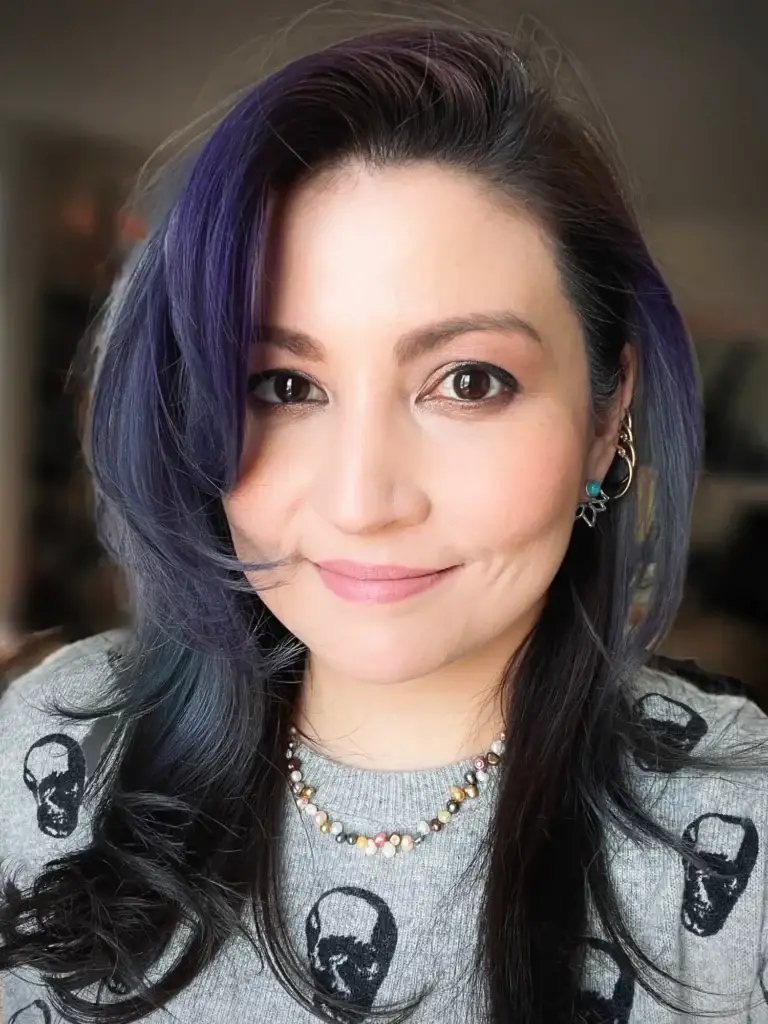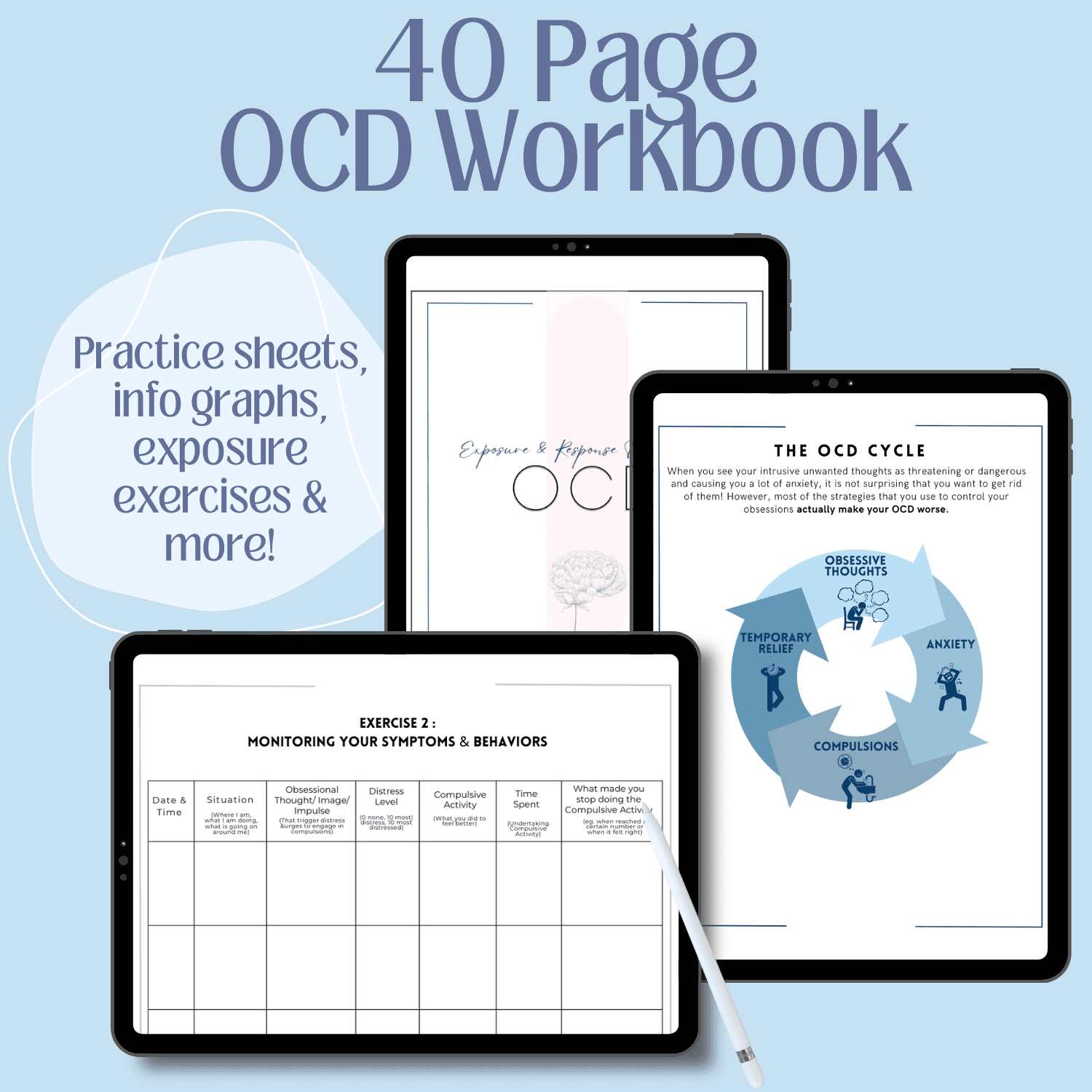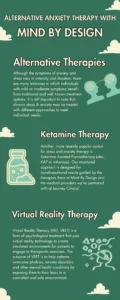8 Creative Activities to Destress & Boost Mental Health
Get your Free Workbook Here
Destress with these 8 creative activities and build a routine that fosters balanced mental health. Understanding your needs is important to seek the most success from these activities to destress since each activity should be tailored towards you! These are our 8 suggestions, but we encourage you to adapt the activities to your needs and goals for the most optimal outcome.
To destress is not to merely eliminate stressors, but instead it’s about creating a routine that regularly implements activities to destress, and create opportunities to help with decompression.
1. Meditative Coloring: Destress in Color
Immerse yourself in the tranquility found in each stroke of color. Meditative coloring transcends being a child’s pastime; it’s a sanctuary, a practice that encourages coloring outside the lines of life’s stringent regulations, inviting peace and perspective with every hue selected and every picture completed.
2. Destress with Pottery & Reshape Perspectives
In this space, you’re both the creator and the creation, the potter and the clay. Find solace in every spin, understanding that each reshaping is akin to life’s way of instilling lessons and beauty in our alterations.
3. Dance Therapy: Rhythms of Resilience
Let your body articulate the unspoken through dance therapy. This isn’t about the precision of steps but about the freedom of emotional expression. Discover your unique rhythm that resonates with your inner state, allowing healing and resilience to flow through like music.
4. Gardening to Nurture your Mental Health
Reconnect with your roots, quite literally, through gardening. This isn’t just about sowing seeds in soil but about grounding yourself, recognizing the symbiotic relationship between nurturing your garden and your inner growth. It’s a testament to patience and care.
5. Journaling: Conversations with the Self
Dive into the pages of your soul with journaling. This practice unfolds your inner narratives, fears, hopes, and dreams, all waiting to be acknowledged in ink. It’s more than a diary; it’s a tangible dialogue with yourself, a path to introspection and healing through handwriting.
6. Culinary Therapy: Savory Solace
Find mindfulness and joy in the alchemy of cooking. Culinary therapy is about being present in the process, finding solace in the sizzle, and creating comfort in every bite. It’s a journey of feeding more than your body; it’s nourishment for the soul.
7. Photography Walks: Lens of Clarity
Through photography walks, embrace the present moment, viewing life through a literal and metaphorical lens. This practice encourages a focus on the minutiae, the often overlooked aspects of daily life, offering a form of visual meditation and picture-perfect mindfulness.
8. DIY Crafting: Manifesting Joy
Create with your hands, and manifest joy in your spirit with DIY crafting. This activity is about immersion in the process, finding fulfillment and comfort in each creation. It’s a tactile reminder that you can construct happiness, one project at a time.
The Ongoing Journey of Coping and Destressing
The practices of creative coping and decompression active steps you can take towards reduced stress, mindfulness and peace. This journey of self-care doesn’t have an end point, but is a continuous growth, changing with your needs and lifestyle.
Invitation to Inner Exploration
Subscribe to the Mind by Design newsletter for more insights, guidance, and support in your mental health journey. For a more personalized path, sign up for therapy with Mind by Design Counseling by calling, texting or emailing us below!
FAQ about therapy at mbd
How do I get started as a new client?
New Clients can reach out to us directly via call, text or email here:
What is your cancellation policy?
We ask that clients provide at least 24 hours notice in the event that they need to cancel to avoid the 50% cancellation fee. we understand that life happens and do our best to be flexible & reschedule.
Does my insurance cover my visits?
We provide”Courtesy Billing” for clients who are using the Out-of-network insurance benefits.
Our Insurance Page shares a small blurb about Why We Left Insurance Panels
Do you offer traditional talk therapy?
of course! though we have some unconventional therapy approaches, we are rooted in evidenced based practices. Talk therapy is a major player in the therapy room! See What we Treat and Integrative Services for more information
Is Online Therapy As Effective As In-Person Therapy?
Online therapy is essentially face-to-face counseling, just conducted remotely. Studies show that teletherapy is as effective as traditional counseling. Professional organizations and state governments recognize its benefits and have set regulations for it. However, like any therapy, its success in achieving your goals isn’t guaranteed. It’s important to discuss with your therapist whether teletherapy is working for you.
Can I Change Therapists If I'm Not Happy?
Yes, you can switch therapists to another provider within the practice, or we can provide you a referral if preferred. We want to ensure that your time and effort are well spent, and that you are getting the relief you need, that’s why we work collaboratively with each other in the practice, as well as outside therapists who we know and trust.
How Do I Know If Therapy Is Helping?
You should feel like you’re making progress. Signs it’s working include:
Feeling comfortable talking to your therapist
Your therapist respects boundaries
You’re moving towards your goals
You feel listened to
You’re doing better in life
Your self-esteem is getting better
Is Online Therapy Easy to Use for Non-Tech-Savvy People?
Yes, it’s pretty simple to access sessions. You’ll need basic internet skills, such as opening and visiting the patient link sent to you via email. It’s similar to video chatting like Facetime or Zoom. We can also walk you through it on the phone the first time to ensure a strong connection
What Questions Should I Ask My New Therapist?
Feel free to ask anything. Some good questions are:
- How often will we meet?
- What do you specialize in?
- What experience do you have with my issue?
- What outcomes can I expect?
- How will I know I’m progressing?
- How long do you usually work with clients?
- How will we set my treatment goals?
How Should I Prepare for My First Session?
Showing up is all that you need to do! But if you really want to get the most out of session, it could help to take some time to think about what you want from therapy. It helps to write down your goals, questions you have or things that you feel are important to share.
What is the difference between associate therapists & fully licensed therapists?
Our Qualifications:
Our founder, Rebecca Sidoti, is a highly qualified, state-licensed therapist and supervisor with extensive training in anxiety related disorders and innovative treatment such as Ketamine Therapy. Mind by Design Counseling adheres to standards set by the our governing counseling boards.
To see each providers credentials, training and licenses, visit our “Meet the Therapists” Page to learn more.
- LAC/LSW are therapists who may practice clinical work under the supervision of a fully licensed therapist.
- LPC/LCSW are therapists who have completed the necessary clinical hours post-graduation under supervision and can practice clinical work independently.
What Geographic Areas Are Served?
Currently, we serve clients in New Jersey and are expanding to other states as telehealth laws evolve. While telehealth offers the convenience of attending sessions from anywhere, state laws require clients to be in-state during their session.
Is Virtual Counseling Suitable for Everyone?
Online therapy might not be as effective for individuals with chronic suicidal thoughts, severe trauma, significant mental health history, or those recently in intensive care. Such cases often benefit more from traditional, in-person counseling. We’ll help you decide if our online services are right for you during your intake and evaluation.
What Equipment is Needed for Online Therapy?
To join a session, log in using the credentials we provide. No downloads are needed. Our platform, compatible with both individual and group sessions, requires:
A computer or mobile device with a webcam and internet access.
We’ll help you test your setup before your first appointment to ensure a reliable connection. iOS users should use the Safari browser for mobile and tablet sessions.
What Questions Will Therapists Ask Me?
It depends on your goals. Expect questions about your thoughts, feelings, relationships, work, school, and health. They’ll ask to understand your therapy goals.
How Do You Keep Client Information Secure?
Security and Confidentiality of Sessions:
Your privacy is crucial to us. We use TherapyNotes, a HIPAA-compliant platform, ensuring secure and confidential teletherapy sessions. This platform’s security features include encrypted video connections, secure data transfers, and encrypted databases, ensuring your information is safe at all times.
What is VRT used for?
we use VRT to support Exposure Therapy, a long standing traditional therapy modality to treat phobias, anxiety and stress. we send a headset directly to your home so you can access VRT from anywhere.
VRT not only helps with exposure therapy for phobias, but is great for ADHD, mindfulness, PTSD and social anxiety.










